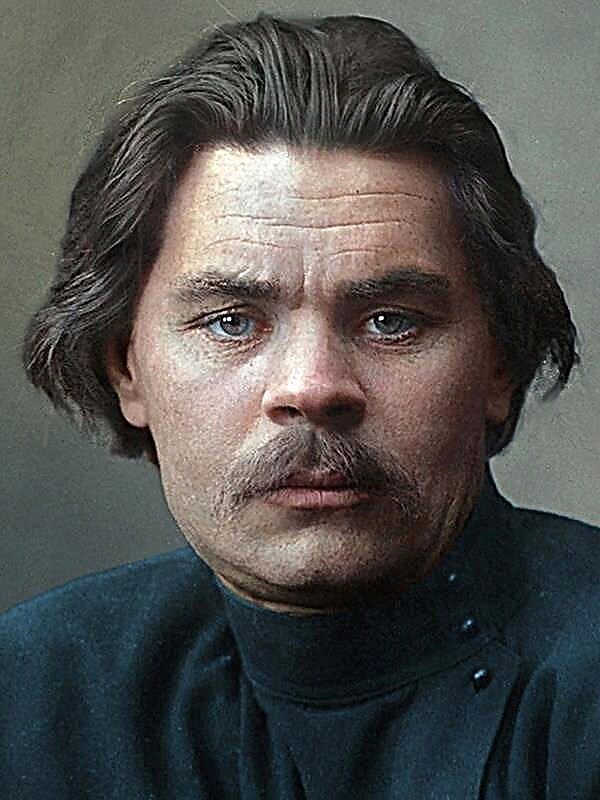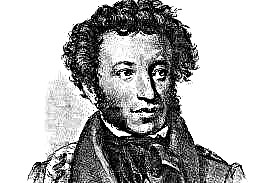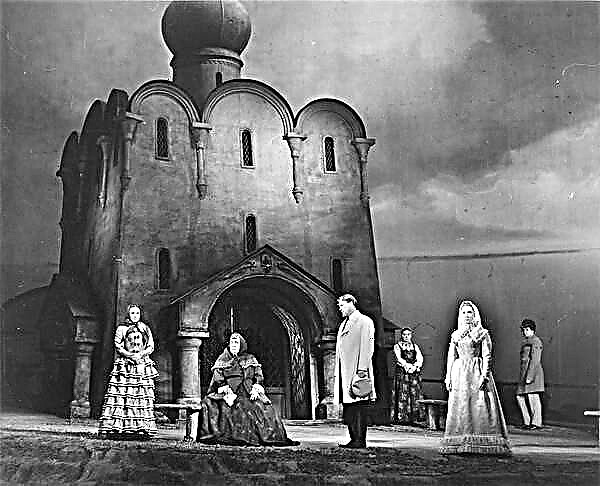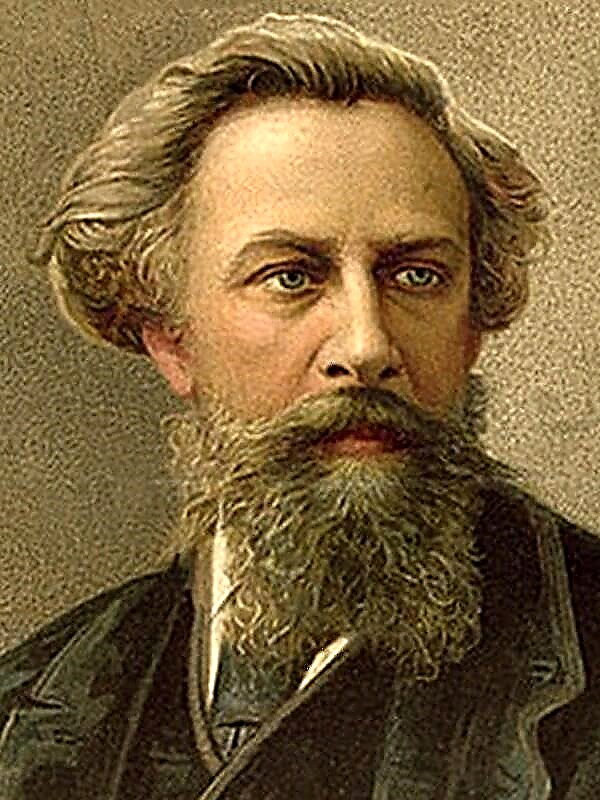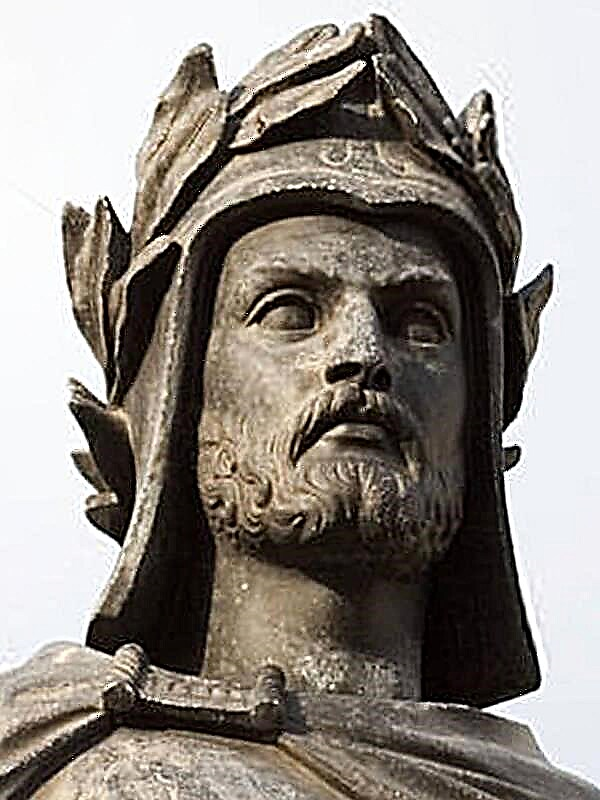(302 words) In A. Ostrovsky’s play “The Storm”, as we know, a very tragic ending: the main character commits suicide by rushing to the Volga. It would seem that Katerina’s happiness was so close, because she found love, but life arranged everything in its own way, and the girl fell a victim ... what? What is the reason for her death?
I think Katerina’s rebellion against her unhappy fate was initially doomed to a tragic failure. From the first day of love, her soul was torn by contradictions between faith and passion, desires of earthly happiness and soul salvation. She became a hostage to the philistine world, from which there was no honest way out, and dishonest became her curse. Unable to withstand the oppression of sinfulness, the Christian confesses to treason to her husband and mother-in-law, condemning herself to shame, resentment and repentance. And it could not be otherwise, because without her pure thoughts and lofty principles, the heroine would cease to be herself and die spiritually, becoming a beggar in her soul and repugnant to herself.
But remorse, booming relief, became the burden of Katerina, still loving, still dreaming of happiness. The boar began to tyrannize her daughter-in-law even more, now her power strangled a woman, and constant reminders of sin drove her crazy. She herself understood that she was sinful, and herself executed herself with thoughts about the horrors of God's mercy. But the rude scoffs of the merchant woman completely poisoned Katerina’s consciousness and reduced her self-esteem to a minimum. Now she did not consider herself worthy to live and was disappointed in life itself. Why drag earthly torment if there is everlasting repentance ahead, if there is no happiness and love, if existence brings only sorrow and pain? Despair forced the heroine to rush to the Volga.
The family of Katerina, who devalued her life, is to blame for this tragedy. The dark kingdom would extinguish a ray of light anyway, sooner or later. Either the woman would put up with fate and become the second Kabanova, or she would have to die Kalinov in the literal sense of the word. The second option seemed more credible to the author, as did many of his readers.

